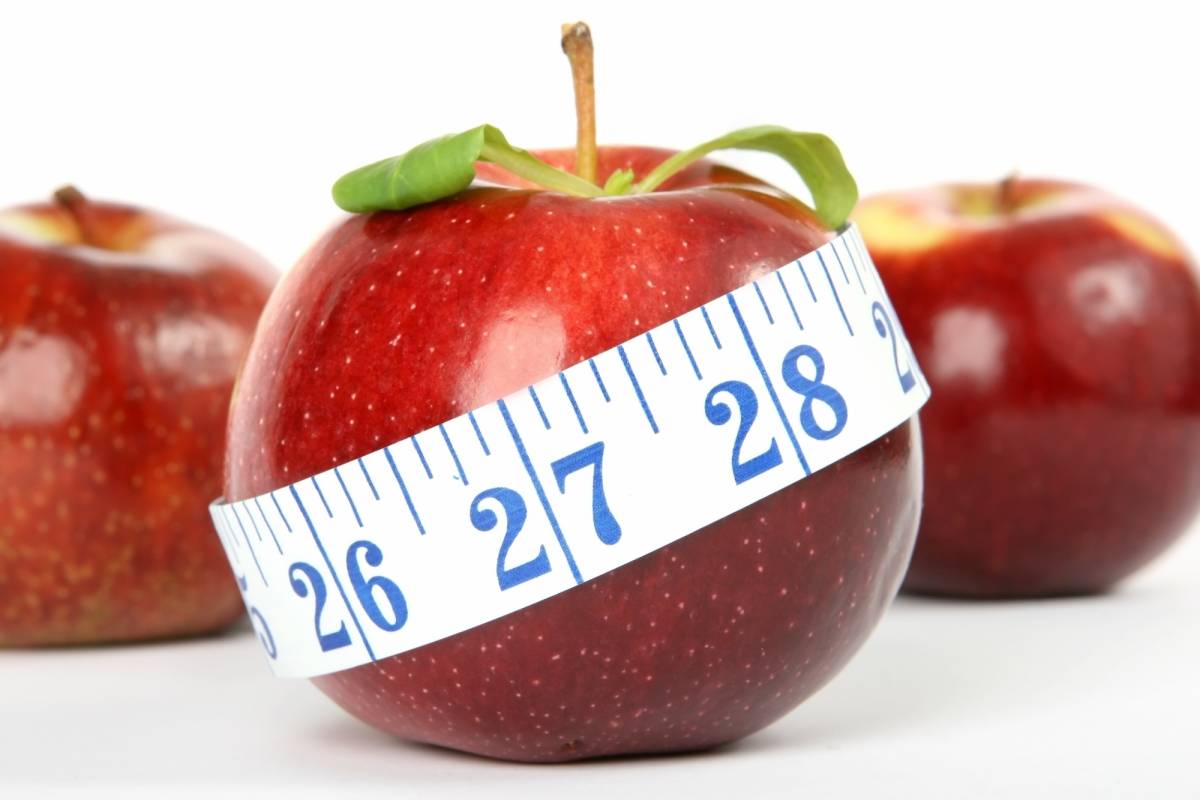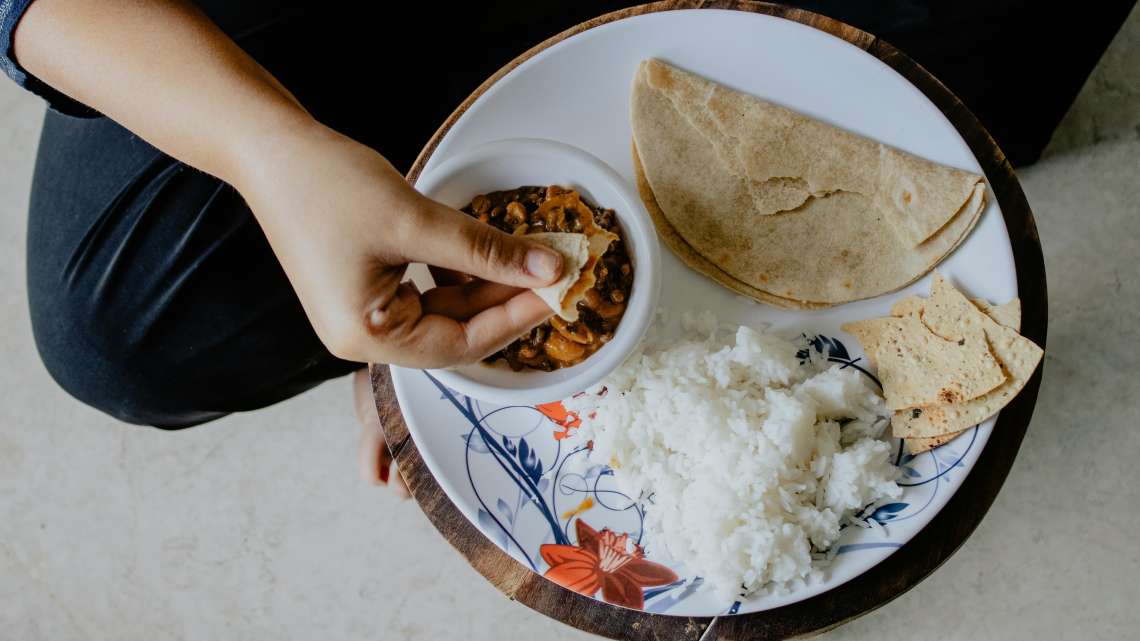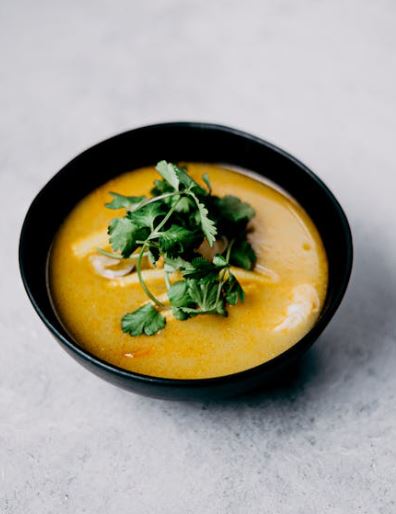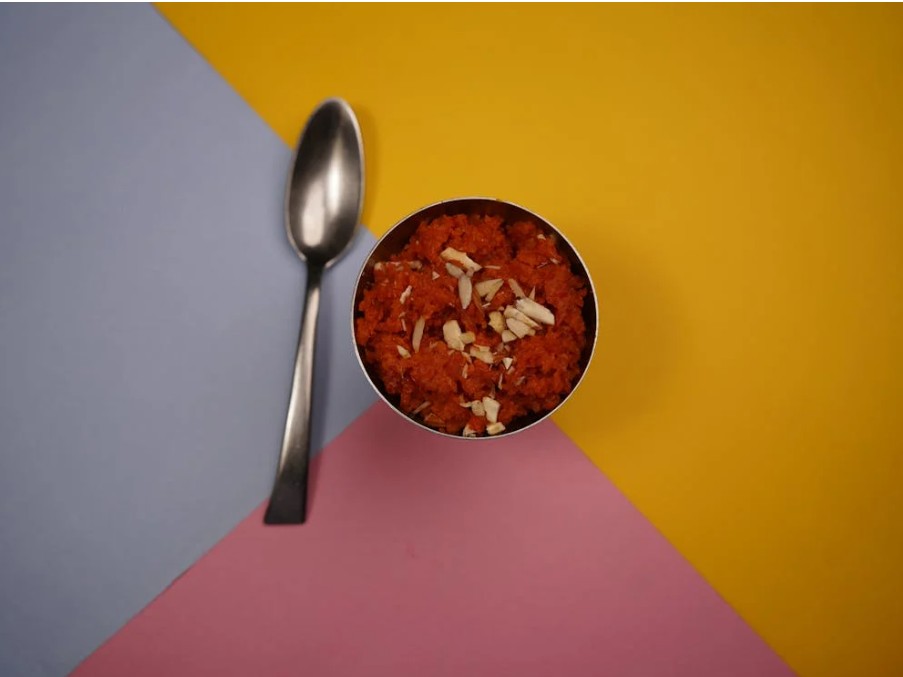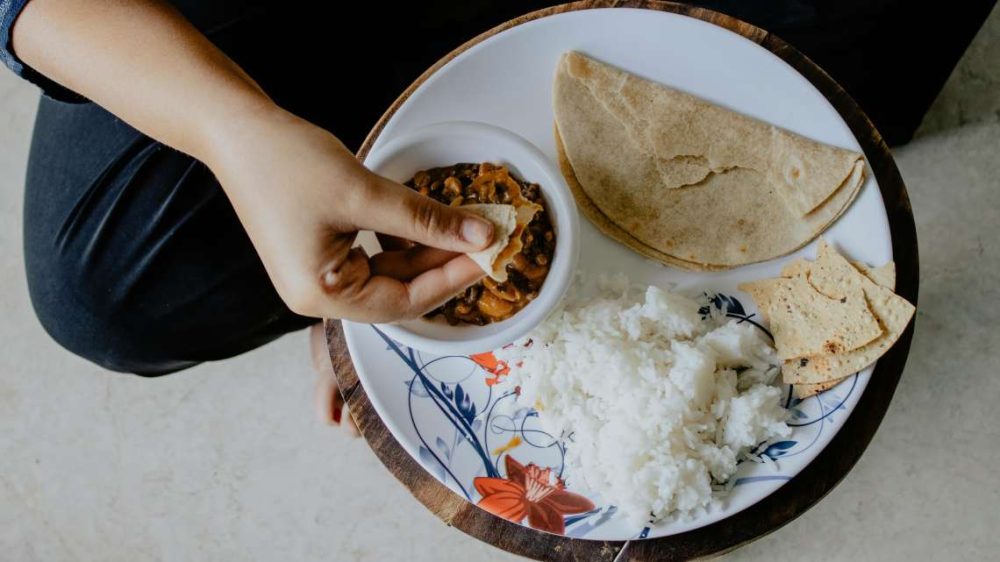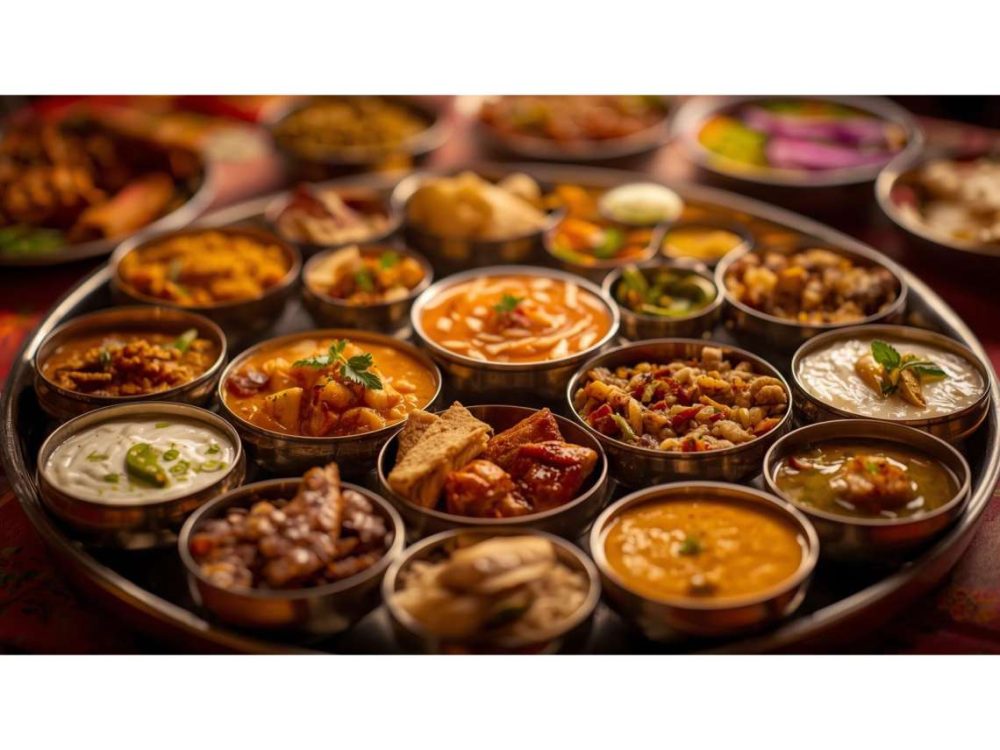Monsoon fruits are also rich in antioxidants that help to reduce blood pressure and prevent various infections. Jamun is another seasonal fruit that should be consumed as it is high in iron, folate, potassium, and vitamins…writes Puja Gupta.
Food or diet is very important according to the seasons and health conditions. Along with strong winds and incessant rain, the monsoons in India also usher in a time for savoury delicacies. It is important to remember that extreme change in weather conditions has an impact on our digestive system and makes it vulnerable to infections. Consuming certain foods items that are rich in nutrients and help strengthen the body’s immune system can help protect ourselves. Rohit Shelatkar, VP at Vitabiotics, Fitness & Nutrition Expert shares a list of these superfoods:
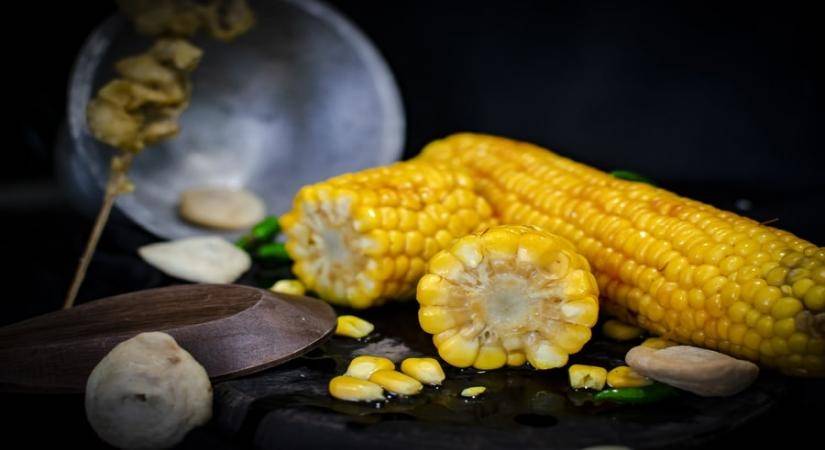
Corn (Bhutta): A roasted corn cob coated with spices and butter is the classic Indian monsoon snack. Corn is the ultimate power-packed and healthy monsoon food because it is low in calories and high in fiber. It is also very rich in lutein and two phytochemicals that promote better vision. Besides helping with weight loss, the insoluble fiber in corn feeds the good bacteria in our gut which in turn aids better digestion. Corn can be boiled, steamed or roasted and it is an extremely versatile food that can be incorporated in salads and mains.
Bananas: Gastrointestinal infections are more likely to occur during the monsoon season and the humble banana is the best defense against this. They are packed with vitamins and minerals that help with proper digestion. They also have ascorbic acid (vitamin C) and retinol that can help keep up our body’s immune high. Additionally, bananas have a low caloric value and help the stomach to feel fuller for longer periods.
Eggs: Eggs are an all-weather superfood that is rich in protein and help to build muscle mass. Eggs also boost the body’s immune system and help to fight off infections.
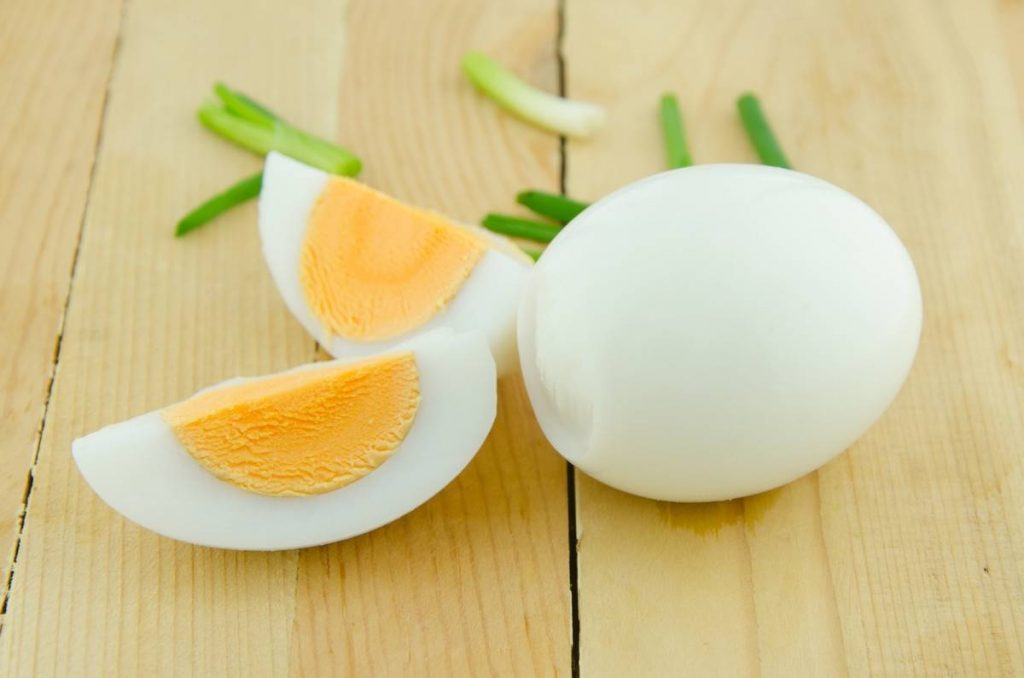
Seasonal Fruit: Monsoon fruit such as lychee, papaya, pomegranates, and pears not only help the body to digest food better but also aid in fighting infections that are caused due to this rise in humidity levels. Monsoon fruits are also rich in antioxidants that help to reduce blood pressure and prevent various infections. Jamun is another seasonal fruit that should be consumed as it is high in iron, folate, potassium, and vitamins.
Coconut water: Staying hydrated is one of the best ways to be healthy and prevent bacterial infections. Coconut water is a great source of electrolytes that can help the body to flush out toxins. It is also high in immunity-boosting properties and can work wonders for one’s skin and heart health. It is also the best choice for those who are trying to lose weight. Coconut water should be had at room temperature with either a little bit of lemon juice or pineapple to boost Vitamin C levels in the body.
ALSO READ-Monsoon skincare routine for babies
READ MORE-Ethnic trends suit for monsoon


